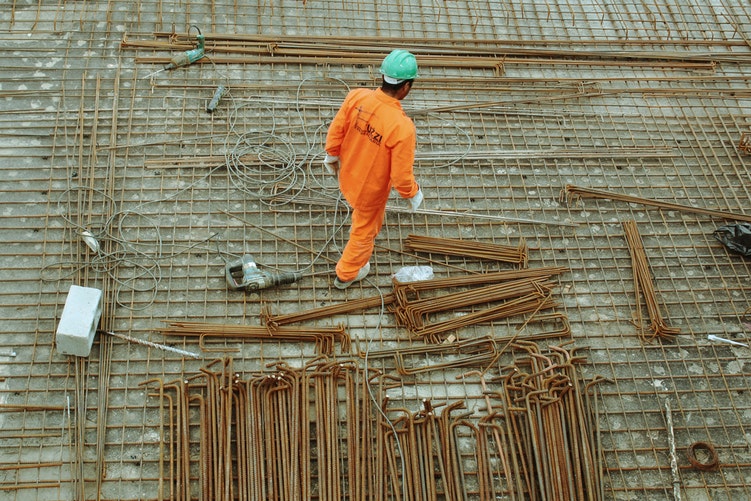Every city in the world has its own specific civic laws, over and above the mostly standard laws that every city has, in some or other. Many cities have specific (and unique) laws for even construction. New York City (and its suburbs is one such city. Even if a masonry contractor Long Island NY has taken up a job of breaking down wrongly constructed sidewalks, then they would need to follow the specific rules regarding the disposal of the debris. But apart from these specific rules regarding the construction practice, most of the other rules are more or less standard for all cities. Whether you are looking for a specialist like a roofing contractor Queens NY or a general contractor, there is a certain thing you need to check for and be aware of.

1. The distance of the contractor’s office from your site is a very important factor since they would be coming every day to your location instead of camping there. That is why most people prefer local masonry contractors in NYC who might be a shade less capable, instead of going for a well-known contractor whose offices are at the other end of town.
2. You will have at least face to face discussion with the contractor before finalizing the work conditions. Try to see if that can be arranged at your site. That way the contractor can get an idea about the width of the approach roads leading to your house, and also the kind of space that is available for storing raw materials or implements overnight if needed.
3. When you are having your discussions with the general contractor or roofing contractor NYC, do make note of how the discussion goes. There are contractors who would say yes to everything you say, while others would interrupt you every 10 minutes with questions. Although the second type might seem more irritating then, remember that the more questions that are asked before work starts, the less confusion there will be after work has begun.
4. Open lines of communication are very important. When you are speaking to masonry contractors NYC in order to assess them, please also discuss and agree upon the frequency of updates you will be given, and the mode of communication.
5. Finally, the cost is a very important factor in deciding which contractor you would entrust the job too. Before you get into negotiations and pushing down the cost, remember to first ask them about how they would bill you – with or without materials.



